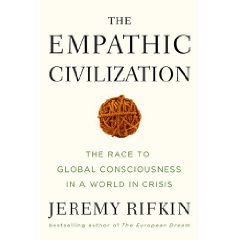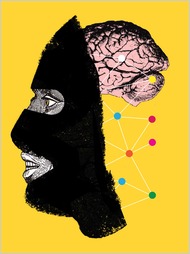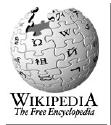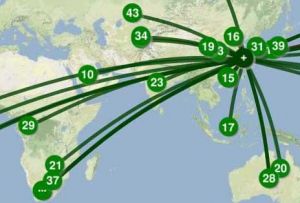Free Credit Reports for Virginia Residents (and some others).
Consumers, it’s time to get your free annual credit reports. You can order a free report annually from each of the three major credit-reporting agencies.
“Basically, Congress gave you the right to look at your credit report for two reasons,” said Ed Mierzwinski of the U.S. Public Interest Research Group in Washington. “First, to see if you’ve been the victim of identity theft and, second, to see if mistakes are dragging down your credit score and causing you to pay more for, or be denied, credit opportunities,” he said. “So look at your free credit reports and avoid the trap of paying the credit bureaus for extra credit-monitoring services, which no consumer advocate recommends.”
Here are three ways to do it:
• Order by phone. Call (877) 322-8228 and follow the prompts. Be prepared to say your Social Security number and other personal information, so be sure no stranger is around to overhear.
• Order by mail. Print out the form online at < www.annualcreditreport.com > — the only official site to obtain the
free reports. Click “request form.” Fill it out and mail it back. It will be processed within a few weeks.
• View it instantly online. Go to www.annualcreditreport.com. Select and click your state from the drop-down menu (Virginia, for us) and follow the instructions. You can buy your credit score, too.
Once you get your free report, dispute any errors that you can identify.
Also, instead of ordering three reports now, consider ordering one from a different agency each quarter.
It’s a way of monitoring your credit for free throughout the year.





